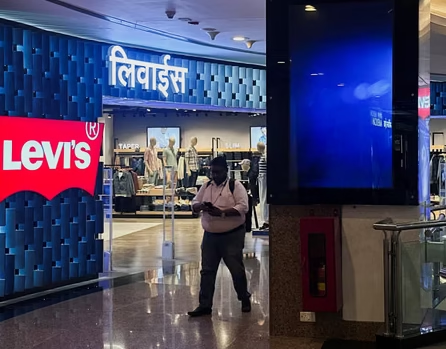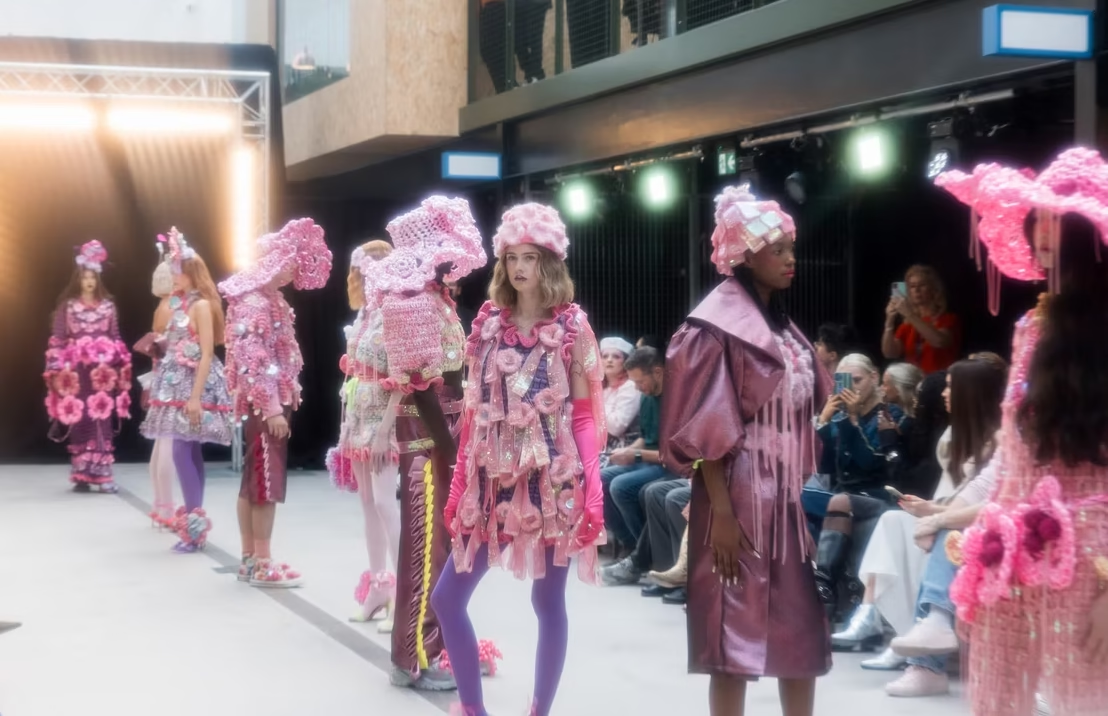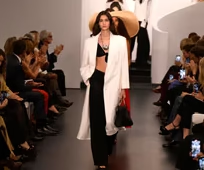Levi’s has warned that growing anti-American sentiment linked to Donald Trump’s trade policies could hurt its sales in the UK, raising fears that fashion may become the next industry caught in political crossfire.
The warning came in the company’s latest UK accounts, where Levi’s pointed to “rising anti-Americanism as a result of Trump tariffs and government policies” as a potential threat. The concern is not without precedent. Public opinion in Europe soured on Tesla when Elon Musk was seen as too close to Trump. Now the question is whether brands built on Americana could face the same challenge.
Experts are divided. Achim Berg, founder of the German fashion think tank Fashion Sites, said he was surprised by Levi’s comments. He argued that unlike Tesla or Amazon, which are closely tied to Washington, fashion brands don’t face the same scrutiny. “I haven’t seen people pushing back against Apple or Netflix,” he said. “We all use American products every day.”
But retail consultant Catherine Shuttleworth believes the risk is real. “People are thinking twice about traveling to the US or buying American products,” she said. “If I were a retailer selling all-American brands, I’d rethink how I present myself in advertising and marketing.”
This could spell trouble for labels that thrive on Americana, like Hollister, Ralph Lauren, and Brandy Melville. Despite this, business has been booming. Abercrombie & Fitch, which owns Hollister, reported a 12 percent profit jump in its Europe, Middle East, and Africa division in 2024. Searches for Polo Ralph Lauren on resale app Depop rose 27 percent over the summer.
For many young shoppers, American fashion taps into an idealized version of the US seen in shows like The Summer I Turned Pretty. “They’re not reflecting today’s politics,” said Alex Bakirlewicz, CEO of a youth-focused creative agency. “They’re selling the America we imagined growing up.”
Still, experts warn that overt patriotism doesn’t travel well. Shuttleworth said Levi’s should avoid leaning too heavily on stars-and-stripes branding and instead highlight international influencers. Fashion writer Emma Davidson agreed, pointing to Beyoncé’s Cowboy Carter tour, where her star-spangled outfits felt “out of step” with global sentiment.
While American consumers remain a core market, tariffs could also push US shoppers to “buy American.” Brands like American Eagle have already leaned into patriotic campaigns, with actress Sydney Sweeney fronting an ad that sparked debate online. Some saw it as a conservative dog whistle. Trump himself praised the campaign. Instead of hurting the brand, American Eagle’s stock price jumped 25 percent last week.
Elsewhere, anti-American sentiment has been more visible. In Canada, shoppers have reportedly flipped US goods upside down on store shelves to avoid buying them. Sales of Jack Daniel’s whiskey, a brand steeped in Americana, have dropped.
But will UK consumers boycott fashion in the same way? Shuttleworth doubts it. “We say one thing but do another,” she said. “I don’t like Trump, but if Bobbi Brown launches a new makeup range tomorrow, I’ll still buy it.”
Others argue that consumer behavior is rarely as dramatic as media headlines suggest. “Shoppers are less consistent than people think,” Berg said. “Even during the ‘woke’ wave, brands criticized for being too political or too sustainable still sold well.”
Bakirlewicz noted that young people especially juggle contradictions. “They care about the world, but they also want affordable clothes. That tension has always been there.” She added that UK youth are more likely to boycott brands tied to Israel because of Gaza, viewing it as a humanitarian crisis rather than a political dispute.
If a widespread boycott of US brands does emerge, experts say it will spread quickly online. “The thinking will be, ‘How do we hurt Trump? Maybe through the economy,’” Shuttleworth said. “If enough people get behind it, social media could turn it into a movement.”






